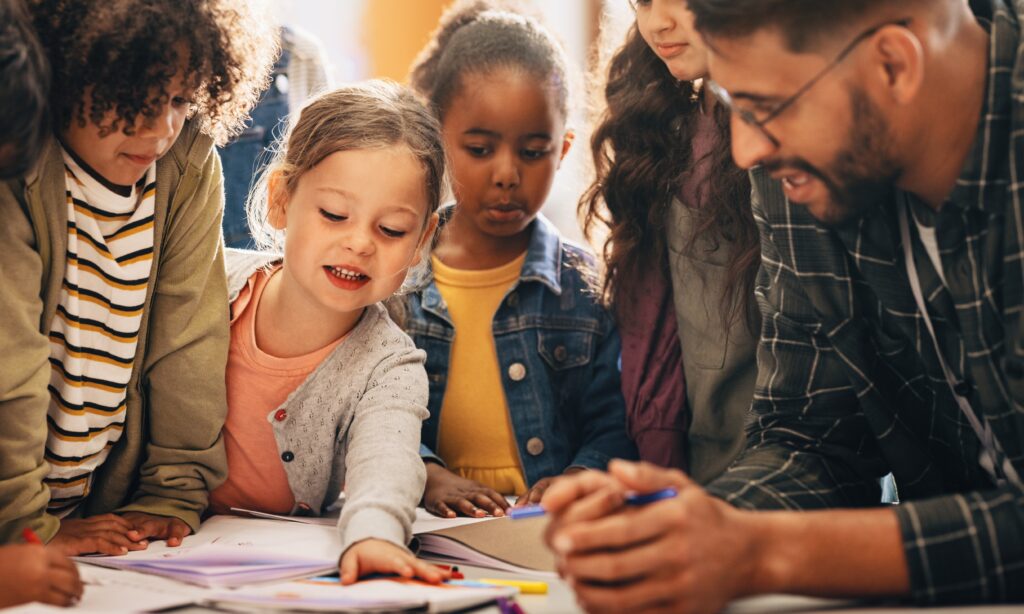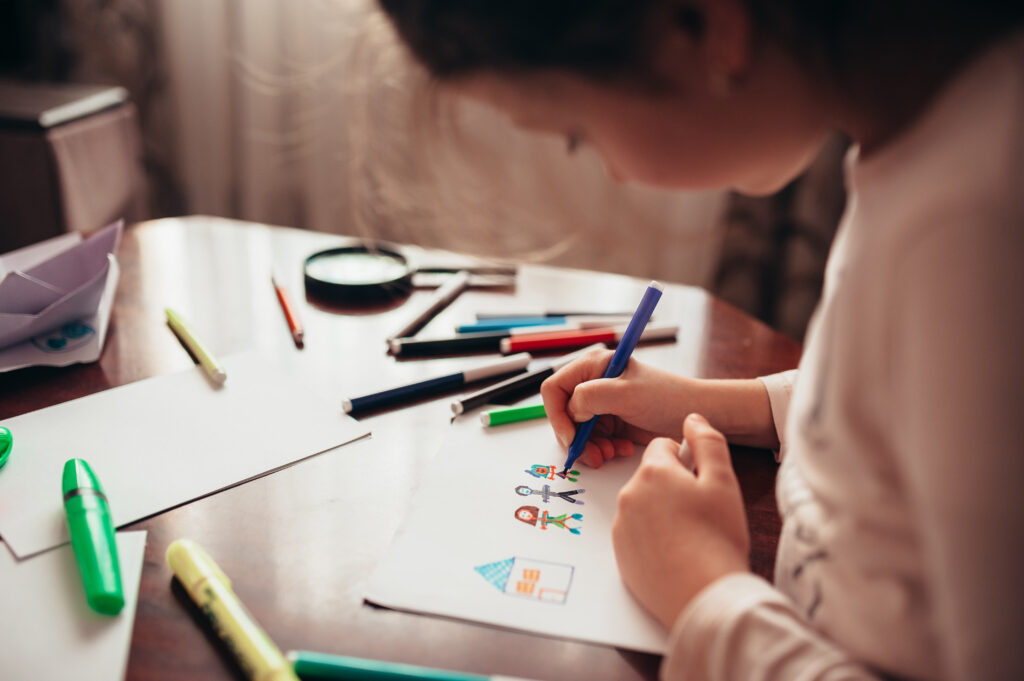Support for Learning and School Attendance

Support for Learning and School Attendance
Throughout basic education, pupils receive curriculum-based teaching, guidance and adequate support for learning and schooling, which is provided as soon as the need for support arises. This support may be temporary or long-term. The amount of support needed may vary or the pupil may receive several types of support at the same time. This can take the form of tutoring, part-time special education, student welfare services, assistance services, etc. Support is flexible, planned and variable according to need.
The support provided to pupils is divided into three phases: general, enhanced and specialized.
General support
Every pupil is supported to achieve the goals that are set for them. Teachers assess their pupils’ development and support needs and plan activities and feedback to pupils accordingly. If general support is not sufficient for learning, support is increased by moving to enhanced support.
Enhanced support
Enhanced support is long-term individual support. There can be several types of support. It is planned together with the teacher, the pupil, the guardian and the staff of the school. The support is started based on a pedagogical assessment. A learning plan is drawn up for the pupil.
Specialized support
If the enhanced support is not enough, the Basic Eucation Director makes a decision on the special support needed based on an official pedagogical report and expert opinions. An individual education plan (IEP) is drawn up for the pupil, which indicates what kind of education and other support is to be provided in accordance with the decision regarding special support.
Part-Time Special Education
A pupil who needs support in learning or schooling is entitled to part-time special education. Part-time special and clinical education is provided in all schools in the city of Rauma. The teaching takes place during the school day in small groups, individually or at the same time as other pupils. It can also be given in sessions or in small classes.
Pupils have access to part-time special education when help is needed in
- learning speech
- reading and writing
- learning a foreign language
- learning mathematics
- attention and concentration
- motor skills
- executive functions
- perception and sensory functions
- social interaction
- emotional skills
Part-time special education is provided in cooperation with the student’s guardians. Part-time special education is available at all stages of learning.

Classroom-Based Special Education
Classroom-based special education is provided by special class teachers in primary and secondary schools. The decision to provide special support is usually made at the time of the transition to classroom-based special education.
The supportive and rehabilitative Kari School small class from grades 1-6 is for children who need support with attention and social situations. The aim is to support the development of the child’s self-esteem, behaviour, sense of responsibility, motivation for school and life management skills.
The supportive and rehabilitative small class from grades 7-9 at Hj. Nortamo Secondary School is for pupils who need support in attentiveness and social situations. The aim is to support the development of the adolescent’s self-esteem, behaviour, sense of responsibility, school motivation and life management skills.
Small group education at the Nanu School is for pupils with learning difficulties of a broad and/or developmental nature. The aim is to help and support pupils so that they have equal opportunities to complete their compulsory education in accordance with their own learning conditions and in cooperation with their peers.
The small groups at the Pohjoiskehä School and Naula Secondary School provide rehabilitative basic education for pupils with challenging autism spectrum disorder, adhd or similar problems and who have a special support decision. The school also provides additional education for pupils who need special support before moving on to secondary education. The aim is to integrate pupils into mainstream classes whenever possible.